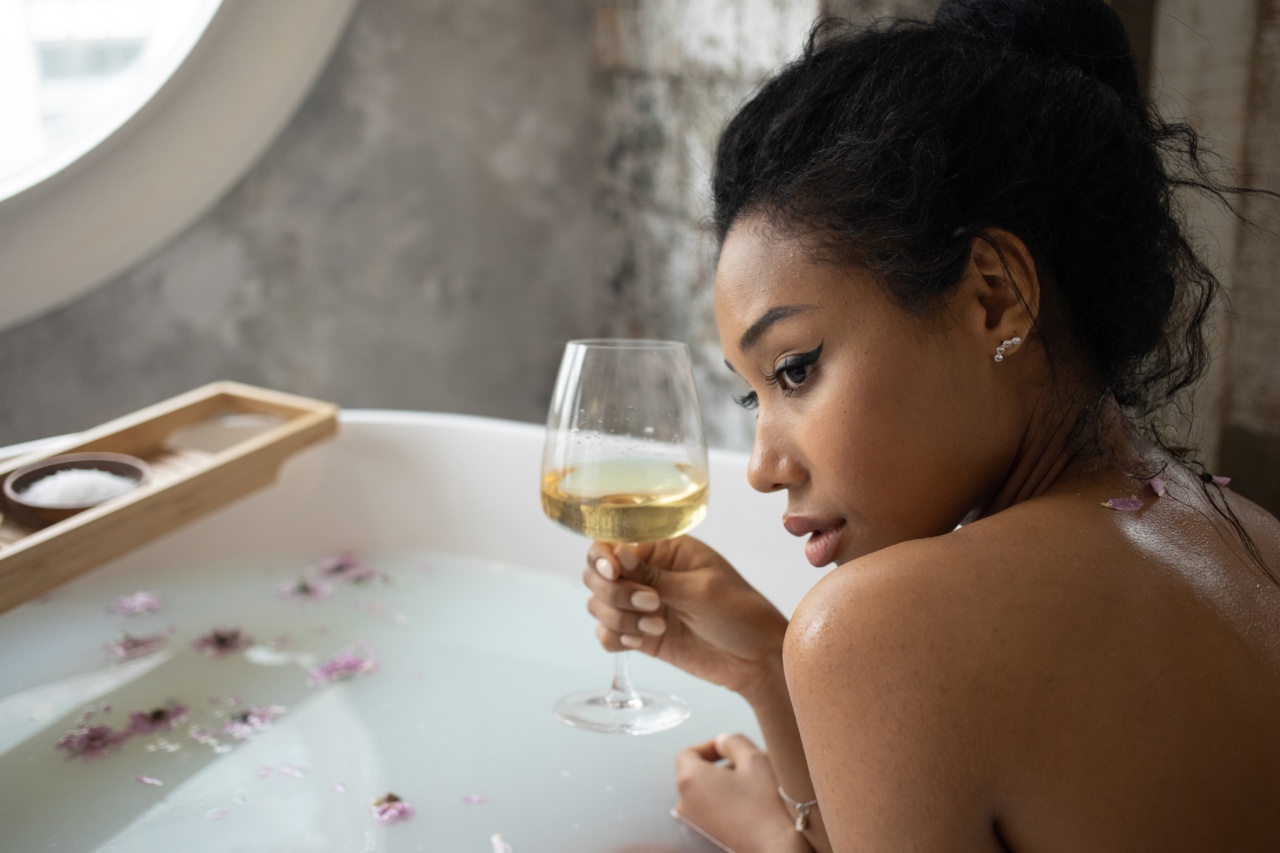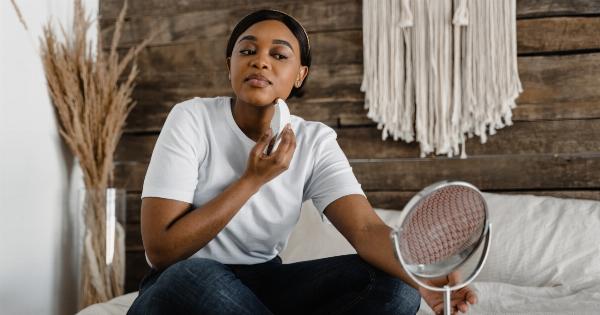Alcoholic drinks are a staple in our social lives. We celebrate with it, we unwind with it, and we even drown our sorrows with it. But as much as we love to indulge in it, we may not be aware of the damage alcohol can cause to our skin.
Dehydration
Alcohol has a dehydrating effect on our skin. When we consume alcohol, it results in the reduction of the antidiuretic hormone (ADH) production in our body which is what helps to keep us hydrated.
This reduction of ADH leads to the increase of urine production, causing us to lose fluids faster.
Excess Sebum Production
Alcoholic drinks can cause our sebaceous glands to produce excess sebum. Sebum is an oily substance that helps keep our skin moisturized. However, too much of it can lead to clogged pores and acne breakouts.
Inflammation and Redness
Alcohol can cause inflammation and redness in the skin. It has been found that alcohol can increase the levels of cytokines, which are proteins that trigger inflammation. This can lead to redness, irritation, and even rosacea in some individuals.
Premature Aging
Alcohol, particularly when consumed in excess, can accelerate the aging process by damaging the collagen and elastin in our skin. These are the proteins that help keep our skin supple and firm.
When damaged, they can contribute to the appearance of fine lines, wrinkles, and sagging skin.
Puffiness and Dark Circles
Drinking alcohol can lead to puffiness and dark circles under our eyes. Alcohol causes our blood vessels to dilate, which can cause fluid to pool in the tissues around our eyes. This can result in puffiness and dark circles.
Increased Sensitivity to UV Rays
Alcohol can increase our skin’s sensitivity to UV rays, which can cause sunburns, skin damage, and even skin cancer.
While sunscreen can help protect against these risks, it is important to consider that alcohol can compromise the effectiveness of sunscreen to some extent.
Impaired Wound Healing
Excessive drinking can impair our body’s ability to heal wounds. When we consume alcohol, it can weaken our immune system, making it harder for our body to fight off infections and heal wounds. This can lead to delayed healing and scarring.
Sobering Up Your Skincare Routine
While it may be tempting to indulge in alcoholic drinks, it is important to remember that moderation is key. If you don’t want to give up alcohol entirely, there are steps you can take to minimize the impact it has on your skin. Here are some tips:.
- Drink plenty of water to stay hydrated and combat the dehydrating effects of alcohol.
- Stick to one drink per hour, and don’t consume alcohol for at least two hours before bedtime to prevent dehydration and disrupted sleep.
- Avoid sugary cocktails or hard liquor, as they tend to be more dehydrating than beer or wine.
- Protect your skin from UV rays with sunscreen and a hat or shade.
- Wash your face thoroughly before bed to remove makeup, oil, and bacteria that may have accumulated on your skin throughout the day.
- Use a gentle cleanser and moisturizer to keep your skin hydrated and replenished.
- Avoid exfoliating or using harsh chemicals on your skin after drinking, as your skin may be more sensitive.
- Consider incorporating products into your skincare routine that contain antioxidants, such as vitamin C and E, to help combat the oxidative stress caused by alcohol.
Conclusion
While alcoholic drinks can be a fun and enjoyable part of our social lives, it is important to be mindful of the potential impact they can have on our skin.
By being conscious of how much we drink and taking steps to mitigate the negative effects, we can continue to enjoy our favorite drinks while keeping our skin healthy and vibrant.






























